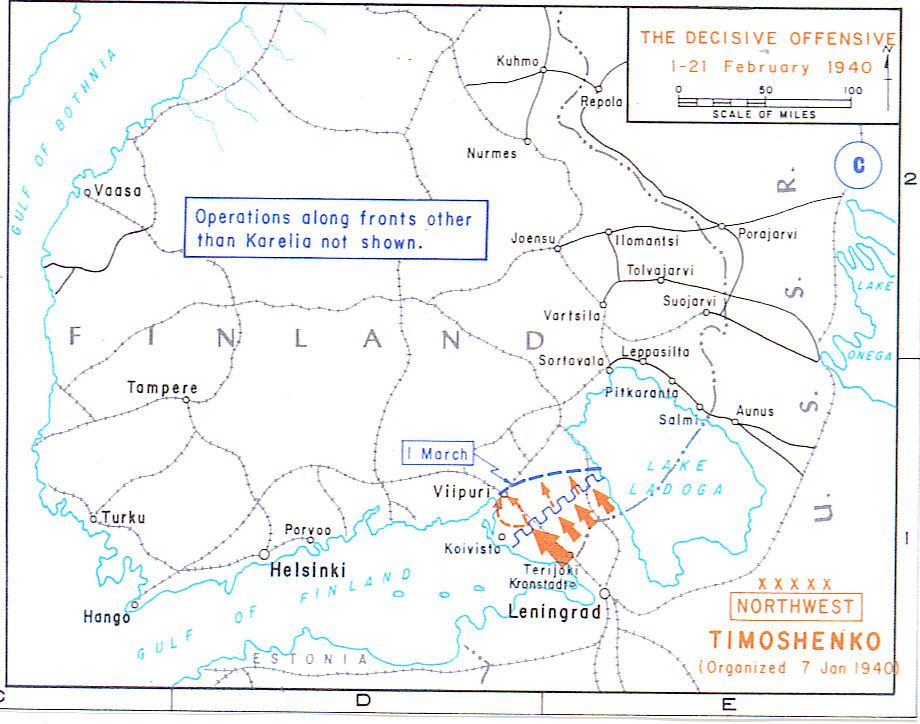Free Republic University, Department of History presents
World War II Plus 70 Years: Seminar and Discussion Forum First session: September 1, 2009. Last date to add: September 2, 2015.
Reading assignment:
New York Times articles delivered daily to students on the 70th anniversary of original publication date. (Previously posted articles can be found by searching on keyword “realtime” Or view
Homer’s posting history .)
To add this class to or drop it from your schedule notify Admissions and Records (Attn: Homer_J_Simpson) by freepmail. Those on the Realtime +/- 70 Years ping list are automatically enrolled. Course description, prerequisites and tuition information is available at the bottom of Homer’s profile.
To: Homer_J_Simpson
2 posted on
02/01/2010 4:57:45 AM PST by
Homer_J_Simpson
("Every nation has the government that it deserves." - Joseph de Maistre (1753-1821))
To: Homer_J_Simpson
3 posted on
02/01/2010 4:58:17 AM PST by
freedumb2003
(Communism comes to America: 1/20/2009. Keep your powder dry, folks. Sic semper tyrannis)
To: Homer_J_Simpson
I wanted to throw this random though out there. What effect do you think the Winter War had on Soviet industry that may have helped them once they became the target of the Wehrmacht? Clearly with the amount of equipment they are losing in these battles must be replaced and they must have been thinking about that. I’m just curious if the Soviet economy may have already been partially mobilized when they were attacked which made the ramping up of production somewhat quicker in late 1941 and 1942.
10 posted on
02/01/2010 11:23:31 AM PST by
CougarGA7
(In order to dream of the future, we need to remember the past. - Bartov)
To: Homer_J_Simpson
Day 64 of the Winter War, February 1, 1940
The Taipale sector is bombed by at first 50, and then 80 aircraft. At the same time another 30 aircraft bomb Haparainen village.
Photo: SA-KUVA
Preparations for the pending enemy offensive involve an unprecedented number of bombers
- Karelian Isthmus: fighting intensifies on the Isthmus. At 10.50 in the morning the Russian artillery begins shelling the main defensive position of the Finnish 3rd Division in Summa, and later on also shells positions further back.
- Preparations for the pending enemy offensive involve an unprecedented number of bombers.
- Shortly after noon the enemy begins a massive offensive supported by tanks and aircraft. The enemy infantry follow the tanks, either by running or by creeping along behind armoured shields drawn by the tanks.
- 12 Squadron locates about 100 enemy artillery batteries in the Kuolemanjärvi-Kaukjärvi-Muolaanjärvi-Summa area of the Isthmus.
- Enemy aircraft strafe the area around Pyhäjärvi railway station.
- The Taipale sector is bombed by at first 50, and then 80 aircraft. At the same time another 30 aircraft bomb Haparainen village.
- The enemy also bombs the southern coastal towns of Hamina, Loviisa, Porvoo, Hanko, Karjaa and Tammisaari.
- Southern Ostrobothnia: the 1940 session of Parliament opens in Kauhajoki.
- Abroad: the Board of the Swedish Red Cross urges the International Committee of the Red Cross to investigate attacks on Finnish civilians by the Soviet Air Force and to consider possible countermeasures.
- The Soviet news agency Tass claims Sweden has emptied its prisons to allow convicts to go off to Finland as volunteers.
- In London, prayers are said on behalf of Finland in St Paul's Cathedral. Those present include the Archbishop of Canterbury and all the Nordic ambassadors.
11 posted on
02/01/2010 11:28:35 AM PST by
CougarGA7
(In order to dream of the future, we need to remember the past. - Bartov)
To: Homer_J_Simpson
Looks like the article on Schacht going to India was wrong. (To add to the item below - he was acquitted by the allies at Nuremburg over the objections of the Soviets.)
“Dr. Horace Greeley Hjalmar Schacht (22 January 1877 – 3 June 1970) was a German economist, banker, liberal politician and co-founder of the German Democratic Party. He served as the Currency Commissioner and President of the Reichsbank under the Weimar Republic, as President of the Reichsbank again between 1933 and 1939 and as Federal Minister of Economics between 1934 and 1937. Schacht was one of the primary drivers of Germany’s policy of redevelopment, reindustrialization and rearmament, and was a fierce critic of his country’s post-World War I reparation obligations. He was eventually dismissed from the cabinet due to his differences with Hitler and other prominent Nazis and eventually dismissed as President of the Reichsbank in 1939. Subsequently involved in a number of anti-Nazi plots, Schacht was arrested in 1944 by the Nazis, accused of taking part in the 20 July plot against the Nazis, and ended World War II in a concentration camp. In 1953, he founded his own bank, Deutsche Außenhandelsbank Schacht, which he led until 1963, and was an advisor on economic development to developing countries.”
http://en.wikipedia.org/wiki/Hjalmar_Schacht
14 posted on
02/01/2010 5:06:52 PM PST by
PAR35
To: Homer_J_Simpson
As to von Starhemberg, it appears he was an early Nazi, but broke with them before they came to power in Germany; he broke with the allies when they joined up with the Soviets.
15 posted on
02/01/2010 5:12:53 PM PST by
PAR35
FreeRepublic.com is powered by software copyright 2000-2008 John Robinson


